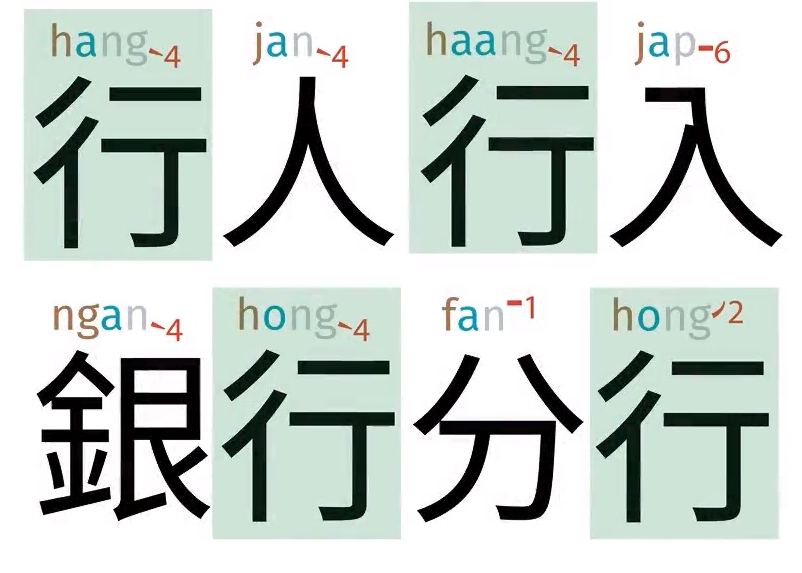Decipherment of Linear A
Methodologically, the following communication from Elizabeth J. W. Barber is too important to be left buried in a comment to this post: "ChatGPT does cuneiform studies" (5/21/23)
As I showed in my 1974 book, Archaeological Decipherment, there is a mathematical algorithm showing how much text one needs to PROVABLY accomplish a decipherment for what sort of script. Since 1974, we haven't added enough new text to our pile of LINEAR A to make it over the hump, if the language it hides is unrelated to anything we already know (or if the hidden language, like Semitic, "cross-classifies" its morphemes between consonants and vowels, since each phonological sign in Linear A represents one C and one V). And if it IS hiding some language we already have a linguistic handle on, we are still scarcely up to the top of the hump. So what language, or language family might one try? We already know that Linear A shows virtually nothing in the way of suffixing or other inflection, so it looks very UN-Indo-European.
Read the rest of this entry »

